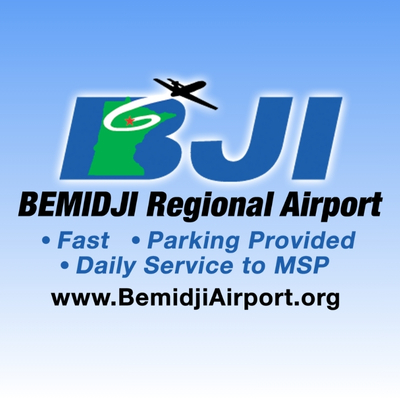Dec 21, 2023 | By: Lakeland News
MN Program to Provide Free School Meals for All Kids is Costing the State More Than Expected
ST. PAUL, Minn. (AP) — Minnesota’s program to provide free school breakfasts and lunches to all students regardless of income is costing the state more than expected because of a jump in demand.
When Democratic Gov. Tim Walz signed the legislation last spring, advocates said the free meals would ease stresses on parents and help reduce childhood poverty while lifting the stigma on kids who rely on them. Thousands of schoolchildren who didn’t previously qualify have been getting the free meals since Minnesota this fall became the country’s fourth state to offer universal free school meals. The number has since grown to at least eight.
Republican lawmakers objected to the program as it moved through the Legislature, saying it was a poor use of taxpayer dollars to subsidize meals for students whose parents could afford them. Now, with costs rising faster than expected — $81 million more over the next two years and $95 million in the two years after that — some question whether the state can afford the ongoing commitment, Minnesota Public Radio reported Wednesday.
An updated budget forecast released this month showed that money will be tight heading into the 2024 legislative session. Officials said at that briefing that the higher projections for school meals are based on “really preliminary and partial data,” and they’ll keep monitoring the situation.
The governor said budgeting for new programs is always tricky, but he called the free meals “an investment I will defend all day.”
GOP state Rep. Kristin Robbins, of Maple Grove, said at the briefing that low-income students who need free meals were already getting them through the federal free and reduced-price lunch program. She called the state’s program a ” free lunch to all the wealthy families.”
In the Northfield district, breakfasts served rose by nearly two-thirds from the prior year, with lunches up 20%. The Roseville Area district says lunches are up 30% with 50% more kids eating breakfast. Leaders in those districts told MPR that the increase appears to be a combination of kids from low-income and higher-income families taking advantage of the program for the first time.
Although the surge may have surprised budget-makers, it did not surprise nonprofit leaders who are working to reduce hunger. Leah Gardner, policy director for Hunger Solutions Minnesota, told MPR that the group is seeing many middle-class families struggling with food costs going up.
“So we know that the ability for kids to just go to school and have a nutritious breakfast and nutritious lunch every day — not having to worry about the cost of that — we know it’s a huge relief to families, and not just our lowest income families,” she said.







